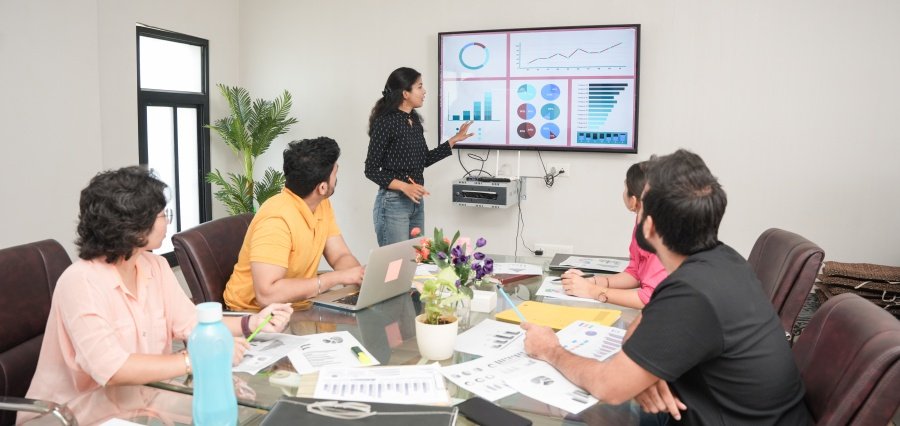In Q4 2024, MENA’s tech startups went out with a whirlwind, closing November at $258 million through 46 deals. The amount surged to a 92% increase compared with the previous month but showed an important 196% decrease in comparison to the amount secured at the same period of time the year before, which reached $764 million. The discrepancy will be lowered to 32%, though, when the loan financing is subtracted from the entire investment from the prior year.
With $146 million raised over 11 deals, UAE-based Eyewa and Lean Technologies led the way by earning the largest ticket sizes, garnering $100 million and $67.5 million, respectively. This helped propel the UAE to the top-funded ecosystem in MENA for the second consecutive month.
With 23 businesses obtaining $94 million in funding, Saudi Arabian startups raised the second-highest sum. With eight businesses successfully acquiring approximately $16 million, the Egyptian ecosystem came in third place. This is a huge increase from the $1.6 million revealed last month. In addition to the currency’s continuous slide, this growth is significant given the ongoing geopolitical tensions near the North African nation’s frontiers.
Due in large part to Eyewa’s big deal, e-commerce led the industry in terms of performance, with seven businesses in this market raising $104 million in funding. Fintech was the most sought choice of investors for four months running but dropped to the second position due to this reason, raising $80 million for four startups. SaaS emerged as the leader of 2024 raising investment money through seven rounds of funding totalling $21 million.
Due to Eyewa’s Series C round, Lean Technologies’ Series B, and Cipher’s $13.3 million pre-IPO funding, the MENA investment landscape entered the later stages in November. The majority of the investment went into startups at the Series A stage, which closed two deals worth $23 million. Pre-seed startups, on the other hand, dominated the number of agreements, accumulating almost $5 million from 16 transactions.
Last month, the business-to-business (B2B) model emerged as the top beneficiary of funds, obtaining 48% of the total investment, continuing the pattern seen in 2024. Only $11.5 million, on the other hand, went to 12 business-to-consumer (B2C) businesses; the remaining funds were split between eight startups that operated in both industries.
The same patterns that were seen throughout the year were seen in November, when 90% of the total funding went to firms with male founders. On the other hand, startups led by women only received $583,000. But it’s interesting to note that businesses co-founded by men and women raised $22.5 million.
Read More : Click Here

